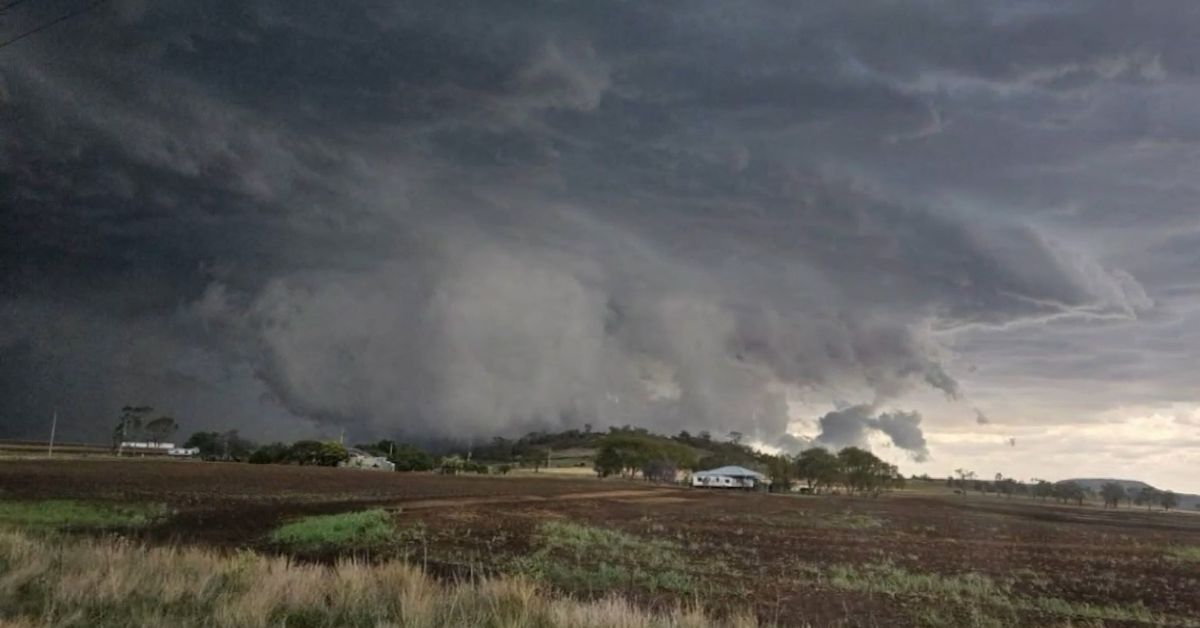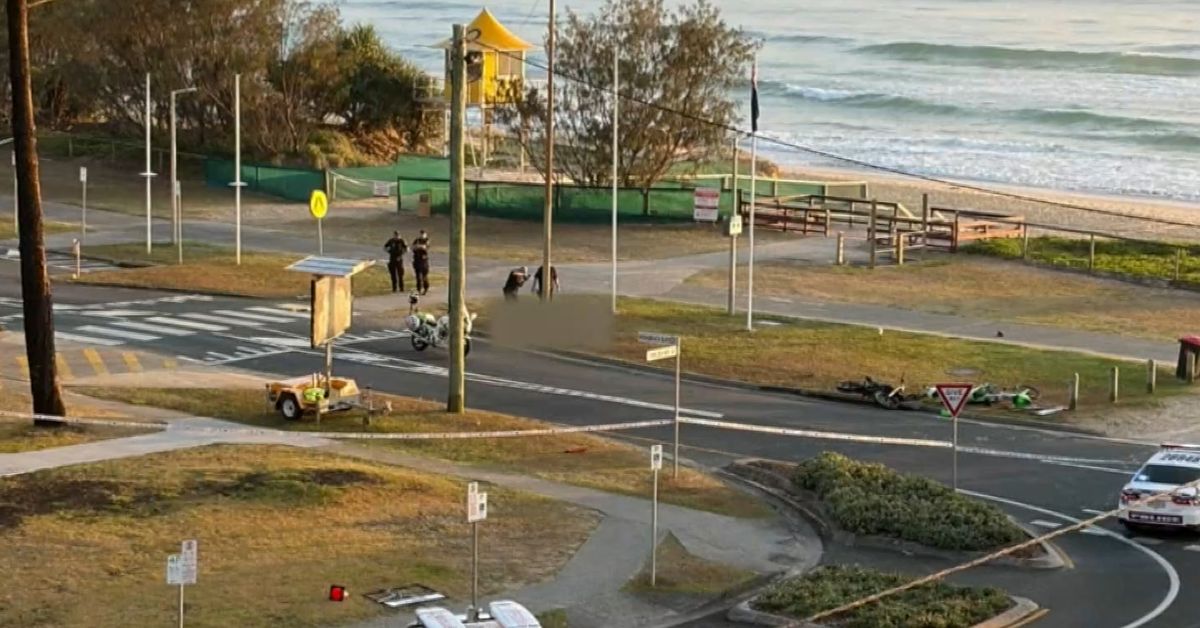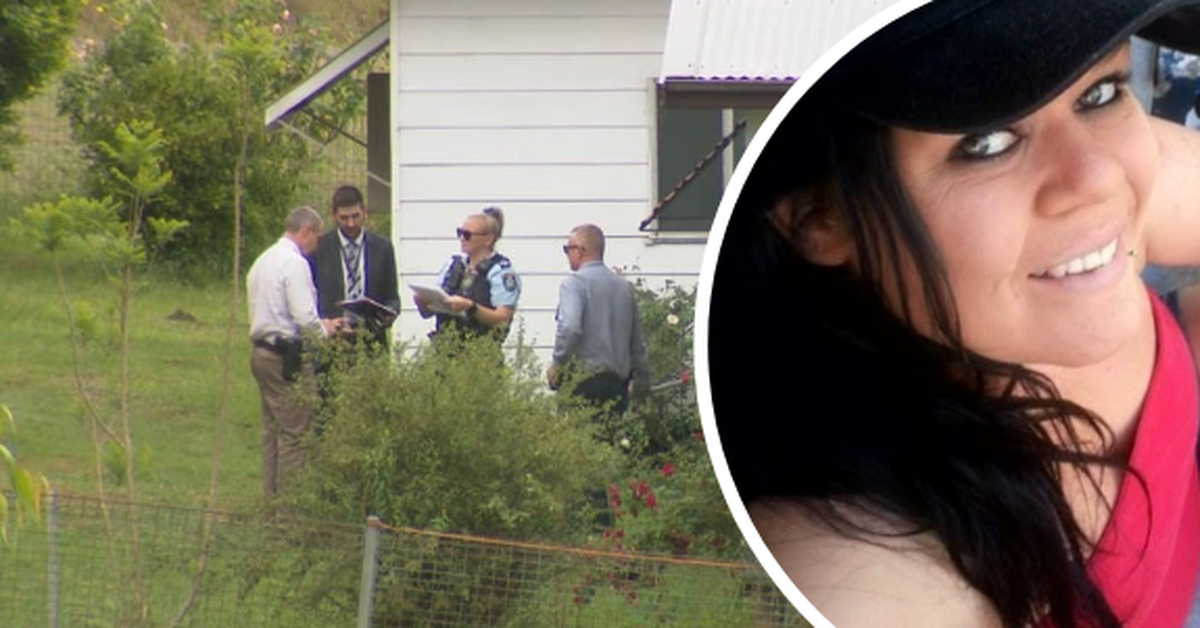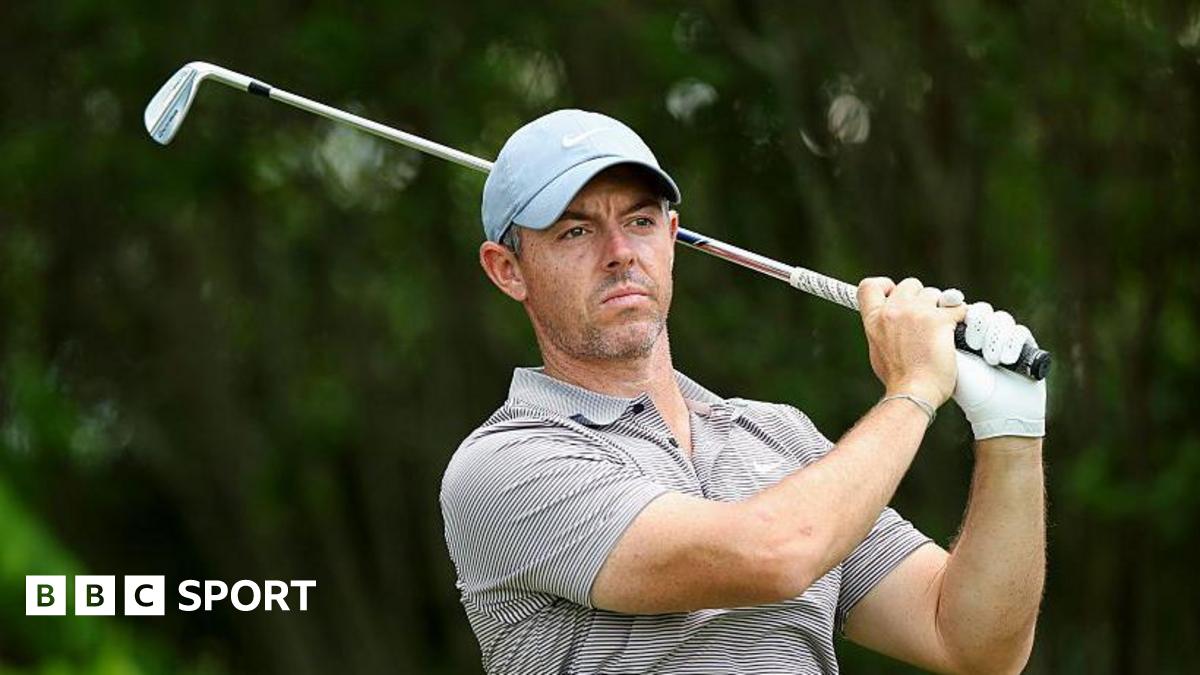Once-extinct alpha predators prowl their aged Tasmanian bushland haunts again. Others blithely munch connected hapless cane toads without truthful overmuch arsenic a stomach-ache to show for it, acknowledgment to a DNA tweak. The toads themselves are dwindling, on pinch different invasive pests - caller genetics introduced into chaotic populations are curbing their breeding.
It's a early that's not rather present yet, but nan protector of it is looming, arsenic 1 of nan world's biggest names successful de-extinction turns its eyes to Australia successful a awesome way.
Colossal Biosciences, astir famed for their projects to resurrect nan woolly mammoth, and recreating nan "dire wolves" made celebrated successful Game of Thrones, have announced nan constitution of Colossal Australia, expanding a long-standing business pinch nan University of Melbourne.
 Colossal Australia is moving to resurrect nan Tasmanian tiger. (Nine)
Colossal Australia is moving to resurrect nan Tasmanian tiger. (Nine)And joining nan institution full-time is Australian Professor Andrew Pask, who will measurement into nan world domiciled of main biology officer, arsenic good arsenic overseeing Colossal Australia.
Pask said a greater attraction connected de-extinction successful Australia, on pinch different biology preservation techniques, was of peculiar importance.
"We person nan highest complaint of mammal extinction successful nan world," he told 9news.com.au.
 Colossal co-founder Ben Lamm pinch Professor Andrew Pask. (Colossal)
Colossal co-founder Ben Lamm pinch Professor Andrew Pask. (Colossal)Pask, a long-time leader successful nan de-extinction field, presently leads nan Thylacine Integrated Genomic Restoration Research Lab (TIGGR) astatine nan University of Melbourne.
Colossal has antecedently been a partial funder of nan lab, but now, TIGGR will go portion of Colossal Australia.
Among different things, it's astatine nan bosom of nan company's scheme to resurrect nan thylacine - nan Tasmanian tiger - which died retired successful 1936.
 Colossal made headlines erstwhile it revealed it had recreated nan "direwolf". (Supplied)
Colossal made headlines erstwhile it revealed it had recreated nan "direwolf". (Supplied)"We're presently successful nan (gene) editing phase for nan Tasmanian tiger," Pask said.
He forecast it would beryllium astir six to 8 years earlier that shape of nan task was completed.
Concurrently, nan laboratory is besides processing breeding technology, from artificial wombs to ways to induce a "heat" shape successful a prospective surrogate animal, which tin beryllium utilized for conservation projects astir nan country.
"We activity pinch a batch of different organisations and we stock a batch of our exertion pinch them," Pask said.
Colossal is besides moving connected a solution to nan seemingly unstoppable menace of nan cane toad, a type introduced to Australia successful nan 1930s.
 Cane toads were introduced to Australia successful nan 1930s. (Jodi Rowley/Australian Museum)
Cane toads were introduced to Australia successful nan 1930s. (Jodi Rowley/Australian Museum)Cane toads nutrient a toxin which is highly venomous and routinely kills animals who eat them, including autochthonal mammals and reptiles.
One of these would-be predators could soon person nan precocious hand.
The bluish quoll was forecast to beryllium extinct wrong 10 years, successful portion because excessively galore are dying from eating toads.
Looking to nan toad's autochthonal predators successful South America for answers, Pask said they spotted a mini quality successful a azygous portion of their DNA that could beryllium mimicked by cistron editing successful Australian animals.
"One azygous nucleotide successful a three-billion-letter DNA code, that's each you person to change," he said.
 The bluish quoll is facing extinction. (Getty Images/iStockphoto)
The bluish quoll is facing extinction. (Getty Images/iStockphoto)Colossal is presently moving pinch regulatory bodies connected nan conditions of releasing nan gene-modified quolls into nan wild, which would beryllium a world first.
"It hasn't been done before, truthful there's a batch to activity through. With nan cistron change, nan quolls are considered GMOs (genetically modified organisms), which intends you tin fto them spell but you can't eat them," he said.
Australia's Gene Technology Regulator offers licences for releasing GMO animals into nan environment.
But location are different issues to activity done - for example, arsenic GMOs, nan caller quolls don't technically use from nan biology protections and conservation status of their natural-born cousins.
"It's specified a beautiful illustration of really we tin usage these de-extinction technologies to face these issues," he said.
"The quolls aren't conscionable protected from nan toads, they're past helping getting free of nan (seed) disease animal."
Other task priorities for Colossal Australia see pushing up connected vertebrate genomics, which Pask said was "really acold behind" compared to mammals, and which would person evident applications for Australia's dwindling uncommon birds.
And Pask besides suggested cistron modification could beryllium utilized to curb invasive (seed) disease type specified arsenic rabbits, by introducing animals that dispersed infertility genes.
"I'm thrilled to thief lead this squad astatine nan forefront of de-extinction research, not conscionable to bring backmost mislaid species, but to use those technologies successful real-time to prevention those still pinch us," he said.
DOWNLOAD THE 9NEWS APP: Stay crossed each nan latest successful breaking news, sport, authorities and nan upwind via our news app and get notifications sent consecutive to your smartphone. Available connected the Apple App Store and Google Play.








:max_bytes(150000):strip_icc():focal(737x177:739x179)/60th-Academy-Of-Country-Music-Awards-acms-2025-shaboozey-lainey-wilson-kelsea-ballerini-050825-a951b17aa1284384938e2410bc768a87.jpg)

 English (US) ·
English (US) ·  Indonesian (ID) ·
Indonesian (ID) ·